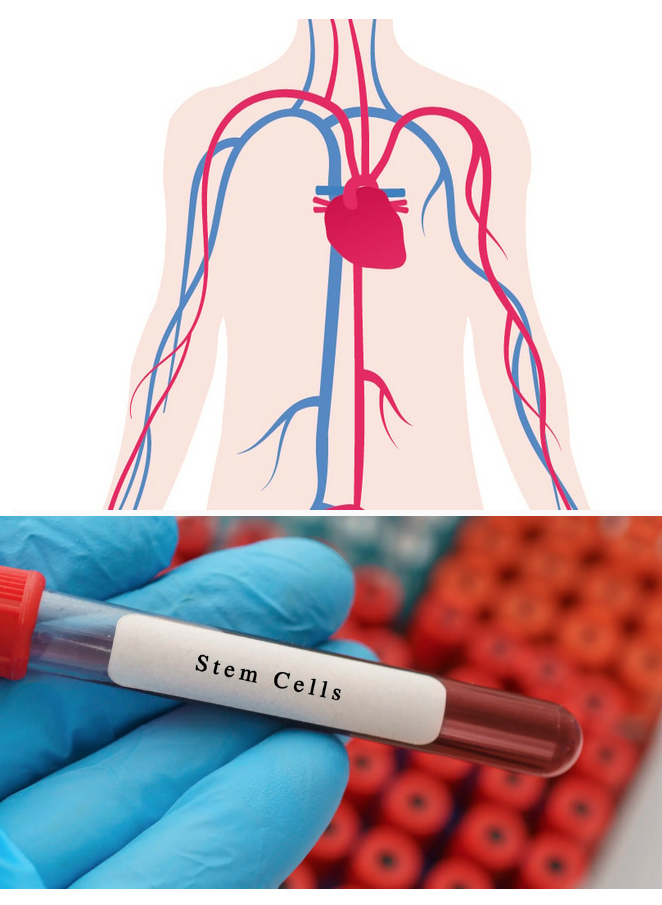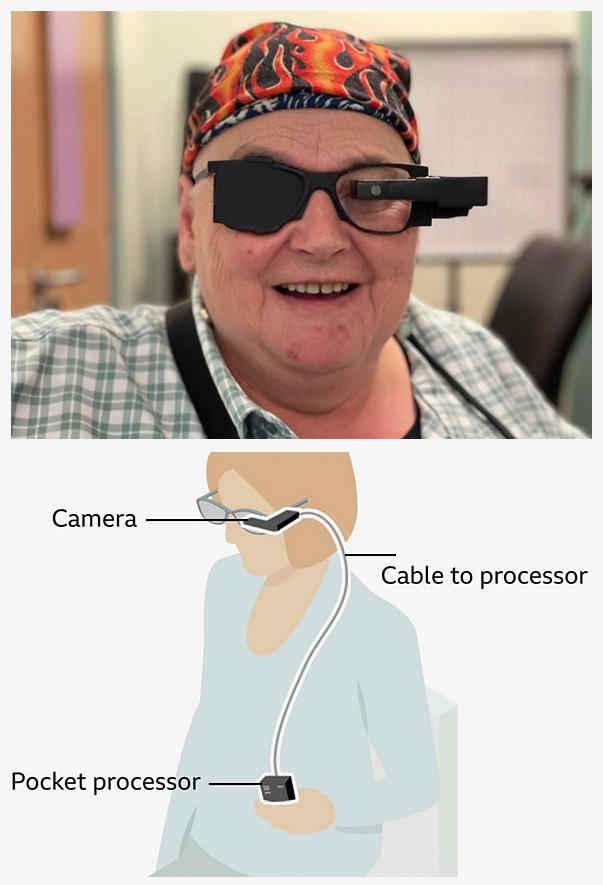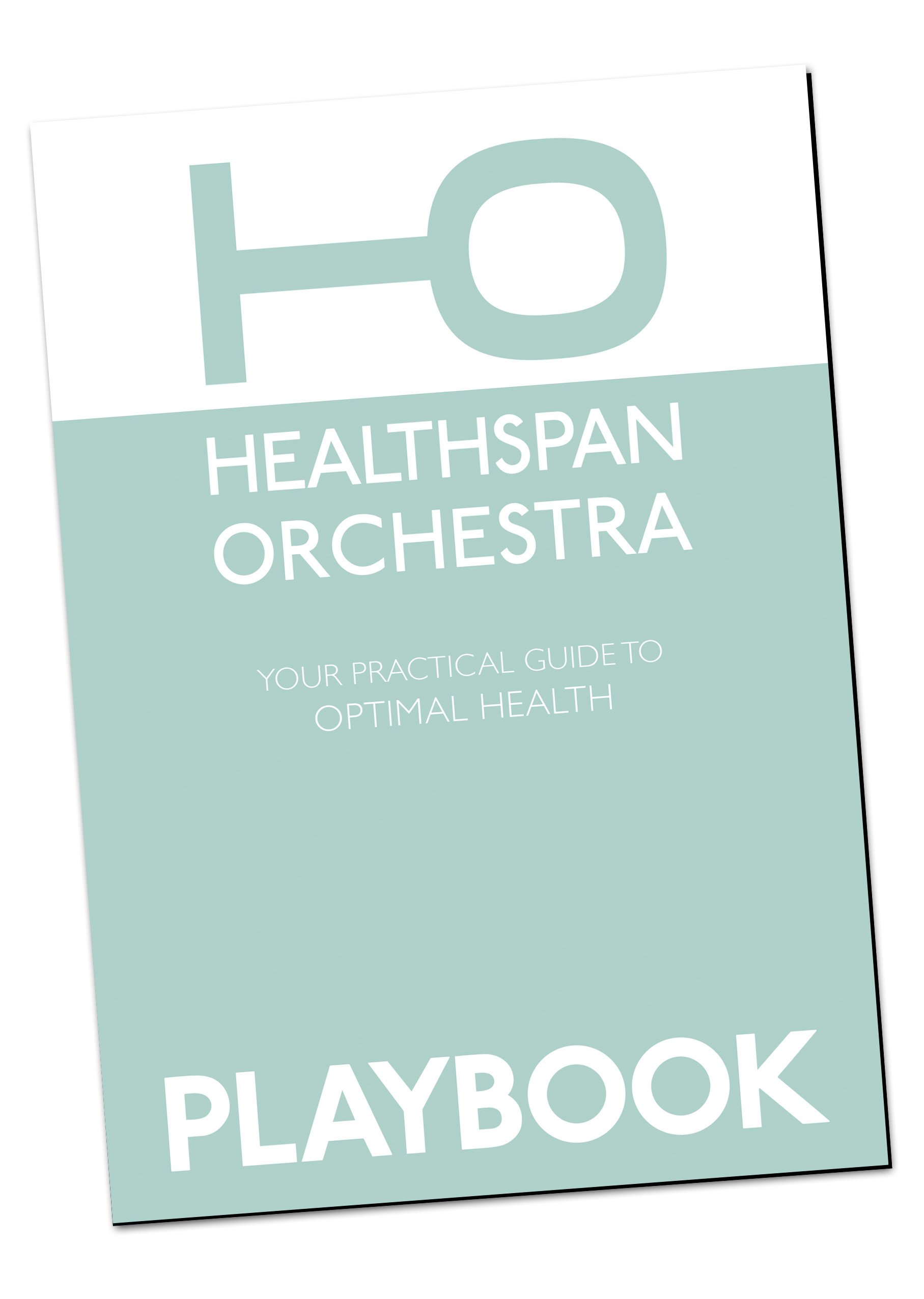This website use cookies to ensure you get the best experience on our website
Stem cell therapy linked to lower risk of heart failure after a heart attack

Technique may be a valuable add-on procedure for patients with weak heart function after a heart attack, say researchers
Patients with weak heart function who receive stem cell therapy shortly after a heart attack are at lower risk of developing heart failure and related hospital stays compared with standard care, finds a clinical trial published by The BMJ today.
The researchers say the findings suggest this technique may be a valuable add-on procedure for this particular group of patients after a heart attack to prevent subsequent heart failure and reduce the risk of future adverse events.
Advances in heart attack management have improved survival rates considerably, but this has also led to rising rates of subsequent heart failure. While recent studies have indicated that stem cell therapy may reduce rates of heart failure after a heart attack, clinical trials are needed to confirm these benefits.
To address this gap, the researchers set out to assess the impact of delivering stem cells directly into coronary arteries (known as intracoronary infusion) after a heart attack on the development of heart failure over three years.
Their findings are based on 396 patients (average age 57-59 years) with no previous heart conditions at three teaching hospitals in Iran. They had all experienced a first heart attack (myocardial infarction) leading to extensive heart muscle damage and weakened heart function – where the left ventricle, the heart’s main pumping chamber, is too weak to pump blood out to the body as effectively as it should.
Of these, 136 patients in the intervention group received an intracoronary infusion of allogenic Wharton’s jelly derived mesenchymal stem cells within 3-7 days of their heart attack in addition to standard care. The remaining 260 control group patients received standard care alone.
Factors such as age, sex, baseline heart function, smoking status, obesity, existing high blood pressure, diabetes, or kidney problems were taken into account, and patients were monitored for an average of 33 months.
Compared with the control group, intracoronary infusion of stem cells was associated with reduced rates of heart failure (2.77 vs 6.48 per 100 person years), readmission to hospital for heart failure (0.92 vs 4.20 per 100 person years), and a combined measure of cardiovascular death and readmission for heart attack or heart failure (2.8 vs 7.16 per 100 person years).
The intervention did not have a statistically significant effect on readmission to hospital for heart attack (1.23 vs 3.06 per 100 person years), death from any cause (1.81 vs 1.66 per 100 person years), or cardiovascular death (0.91 vs 1.33 per 100 person-years).
However, by six months heart function in the intervention group showed a significantly greater improvement from baseline at six months compared with the control group.
Life-changing eye implant helps blind patients read again

A group of blind patients can now read again after being fitted with a life-changing implant at the back of the eye.
A surgeon who inserted the microchips in five patients at Moorfields Eye Hospital in London says the results of the international trial are "astounding".
Sheila Irvine, 70, who is registered blind, told the BBC it was "out of this world" to be able to read and do crosswords again. "It's beautiful, wonderful. It gives me such pleasure."
The technology offers hope to people with an advanced form of dry age-related macular degeneration (AMD), called geographic atrophy (GA), which affects more than 250,000 people in the UK and five million worldwide.
In those with the condition - which is more common in older people - cells in a tiny area of the retina at the back of the eye gradually become damaged and die, resulting in blurred or distorted central vision. Colour and fine detail are often lost.
The new procedure involves inserting a tiny 2mm-square photovoltaic microchip, with the thickness of a human hair, under the retina.
The longevity nutrient: how dolphins helped scientists discover a secret ingredient to help us live longer

A recent article in the Evening Standard highlights a fascinating discovery linking dolphin diets to human longevity. Dr Stephanie Venn-Watson, a veterinary epidemiologist, found that dolphins consuming fish rich in C15:0 (pentadecanoic acid), such as mullet and mackerel, exhibited better metabolic health and were less prone to liver disease. This odd-chain saturated fat, also present in whole-fat dairy products, was identified as the first essential fatty acid discovered in over 90 years.
Recognising its potential benefits for humans, Dr Venn-Watson developed Fatty15, a vegan supplement aimed at addressing C15:0 deficiency, which affects approximately one in three people. Supported by over 100 peer-reviewed studies, Fatty15 is gaining attention for its role in improving liver function, reducing inflammation, lowering cholesterol, and repairing mitochondria. This discovery underscores the importance of re-evaluating dietary fats and their impact on health and longevity.
New Study Sheds Light on the Gut Microbiota’s Role in Aging

A recent study published in Nature Aging has unveiled a link between gut microbiota-derived metabolites and the aging process. Conducted by a team of researchers in China, the study explores how phenylacetylglutamine (PAGln), a metabolite produced by gut bacteria, may contribute to cellular senescence and accelerate aging.
How the Gut Microbiota Influences Aging
As we age, changes in the gut microbiota, such as reduced diversity and the loss of beneficial bacteria, are common. These changes are increasingly being recognised as major players in the aging process and the development of age-related diseases. Earlier studies have suggested that transferring microbiota between young and old animals could influence the rate of aging, hinting at the potential role of microbial metabolites in this process.
In this new research, the focus is on PAGln, a metabolite that appears to rise with age, especially in individuals over 60. This rise in PAGln may play a critical role in triggering the cellular damage that leads to aging.
Understanding Cellular Senescence
Cellular senescence is a key feature of aging. It occurs when cells lose their ability to divide and function properly, often leading to inflammation and impaired tissue function. The study highlights how PAGln contributes to cellular senescence by causing mitochondrial dysfunction and DNA damage, two processes that accelerate aging at the cellular level.
When human cells were treated with PAGln, the researchers observed an increase in markers of senescence, such as DNA damage and mitochondrial dysfunction. The same effects were noted in mice, where prolonged exposure to PAGln led to cellular senescence in tissues like the kidney and lungs.
The Role of Gut Microbiota
The research also explored the gut microbiota’s role in the production of phenylacetic acid, a precursor to PAGln. Certain gut bacteria, such as Clostridium scindens and Gordonibacter pamelaeae, were found to be more abundant in the microbiota of older individuals. This suggests that microbial changes with age may contribute to the higher levels of PAGln seen in older adults.
Potential Therapies for Aging
The researchers also tested potential therapies to counteract PAGln-induced senescence. Using pharmacological inhibitors and senolytic therapies (treatments that target and remove senescent cells), the researchers successfully reduced the effects of PAGln in mice. This suggests that targeting PAGln and its production in the gut could offer new ways to combat age-related cellular decline.
Looking to the Future
This study adds to the growing body of evidence showing that the gut microbiota has a significant influence on aging. By understanding how gut bacteria contribute to cellular senescence, we may soon be able to develop targeted therapies that slow the effects of aging and help us maintain better health throughout life.
With more research, microbiota-based interventions could offer a new approach to aging, helping us to not only live longer but also healthier.
New Cancer Breakthroughs:
Targeted Therapies Boost Survival and Hope

Recent advancements in cancer treatment are offering renewed hope, with several promising developments emerging across various types of cancer.
In a significant breakthrough for cervical cancer, researchers funded by Cancer Research UK have discovered that administering a short course of chemotherapy before the standard treatment can reduce the risk of death by 40%. This approach also decreases the likelihood of the cancer returning by 35%, marking the most substantial improvement in cervical cancer treatment in over two decades.
Innovations in immunotherapy are also making strides. A new form of CAR T cell therapy has been developed to target brain cancers like gliomas, which have historically been challenging to treat. This therapy involves engineering a patient's immune cells to become "super killer cells" capable of attacking cancer cells more effectively. Early studies suggest this method could overcome existing barriers in treating aggressive brain tumors.
In the realm of blood cancers, recent studies have highlighted the efficacy of combination treatments. For instance, a triple-drug regimen has shown high remission rates in patients with relapsed or advanced acute myeloid leukemia. Another combination has demonstrated significant responses in various blood cancers, indicating that multi-drug approaches may enhance treatment outcomes.
These developments underscore the rapid progress in cancer research, bringing new therapeutic options that improve survival rates and quality of life for patients. As always, individuals should consult with healthcare professionals to understand the best treatment options available for their specific condition.
Slowing Ageing Might Be Simpler Than You Think

Recent research from the University of Zurich has highlighted the potential of omega-3 supplements in decelerating the ageing process. In a study involving 777 participants over the age of 70, those who consumed one gram of omega-3 daily for three years exhibited a reduction in biological age by approximately four months. This effect was further enhanced when combined with regular exercise and vitamin D supplementation.
The study employed epigenetic clocks to assess biological ageing, focusing on DNA methylation patterns. While the individual rejuvenation effect may appear modest, researchers suggest that, if sustained, such interventions could have significant implications for public health. Additional benefits observed included reduced rates of falls, infections, pre-frailty, and invasive cancers among participants adhering to the combined regimen.
These findings align with longevity practices observed in regions known as Blue Zones, where inhabitants often enjoy extended lifespans. Diets rich in omega-3, regular physical activity, and adequate vitamin D levels are common in these areas, supporting the study's conclusions.
While the results are promising, some experts advise caution regarding the widespread use of omega-3 supplements, particularly concerning cardiovascular health. They emphasize the need for further research to confirm these benefits and to understand the long-term implications of such interventions.
This study underscores the potential of accessible, cost-effective strategies to enhance healthspan. By integrating specific dietary supplements with lifestyle modifications, individuals may improve their quality of life as they age. However, it remains essential to consult with healthcare professionals before making significant changes to one's health regimen.
Sources:
Longevity: The wellness world’s hottest investment

Living longer isn’t just the latest wellness craze — it’s the new gold rush for investors.
Upping the ante on the business of longevity is Switzerland-based wellness and hospitality group Clinique La Prairie, which has launched its first-ever investment fund dedicated to scaling companies bridging science and longevity.
The Longevity Fund is co-chaired by the group’s CEO Simone Gibertoni and Dr Stefan Catsicas, a neurobiologist who was previously Nestlé’s chief technology officer and executive board member. His experience also includes overseeing life sciences, biotechnology, advanced nutrition and digital health innovation at Swiss advisory company Skyviews Life Sciences.
With applications open from February 2025, the targeted €100 million fund (aiming for €300 million in subsequent closings) is focused on scaling longevity startups. Favoured ventures include early-stage disruptors or series B candidates with technologies pushing the needle in medical, nutrition, wellness and movement.
“Longevity” has become the wellness industry’s favourite buzzword, as our obsession with living longer is reported to dominate industry trends this year.

How to keep your circadian rhythms running smoothly...
An expert has answers for you about keeping your circadian rhythms, which have been implicated in diseases from dementia to cancer, in tip-top shape.
In this season of short days and long winter nights, it’s easy to feel out of sorts.
Those who suffer from seasonal affective disorder, a form of depression that’s closely linked to the circadian rhythms that govern our sleep cycles, know this all too well.
But those same rhythms, which are themselves governed by biological clocks, can affect much more than mood and sleep.
Here, Sofia Axelrod, a research associate in the Laboratory of Genetics headed by Nobel laureate Michael D. Young at Rockefeller University, digs into how our circadian system works, its far-reaching influence, and how to keep it running smoothly:

How to Be Healthy at 100: Centenarian Stem Cells Could Hold the Key
When Jeanne Calment died at the age of 122, her longevity had researchers scratching their heads. Although physically active for most of her life, she was also a regular smoker and enjoyed wine—lifestyle choices that are generally thought to decrease healthy lifespan.
Teasing apart the intricacies of human longevity is complicated. Diet, exercise, and other habits can change the trajectory of a person’s health as they grow older. Genetics also plays a role—especially during the twilight years. But experiments to test these ideas are difficult, in part because of our relatively long lifespan. Following a large population of people as they age is prohibitively expensive, and results could take decades. So, most studies have turned to animal aging models—including flies, rodents, and dogs—with far shorter lives.
But what if we could model human “aging in a dish” using cells derived from people with exceptionally long lives?
Sign up for our Newsletter and get our FREE HO Playbook, a practical guide to Optimal Health...

STAY UPDATED
For a free weekly update on all things Healthspan & Longevity + FREE 32 pg HO Playbook eBook...
Thank you for subscribing!
Have a great day!